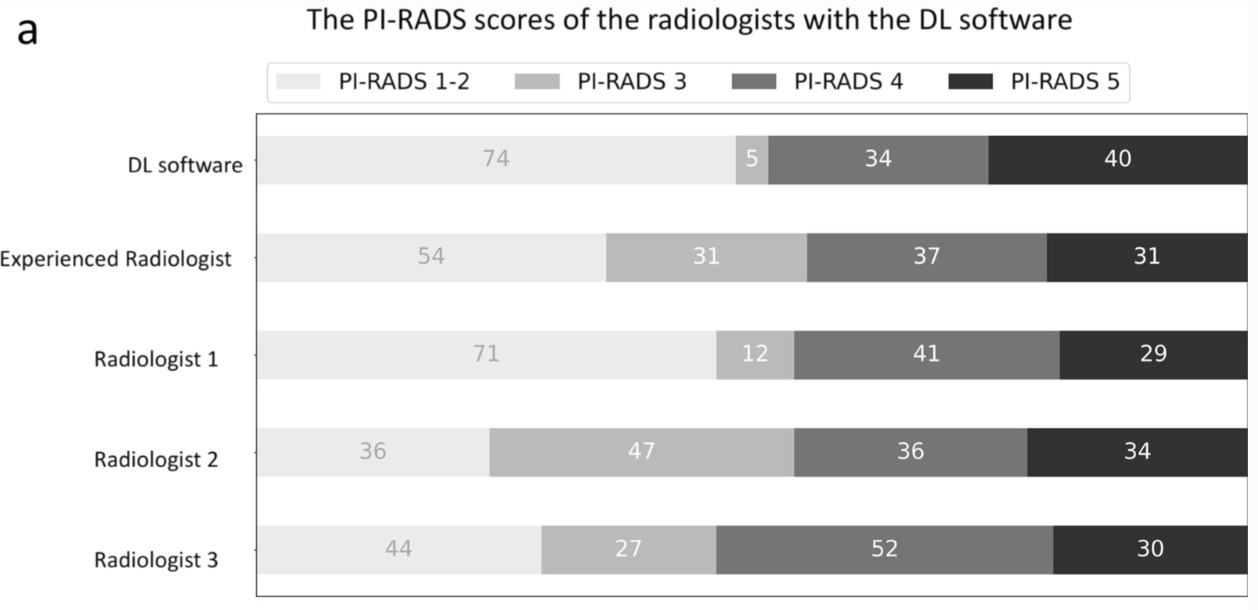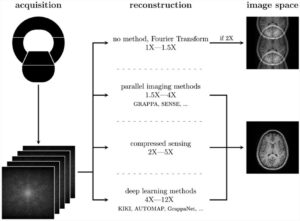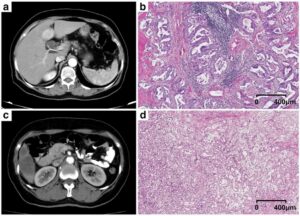Our study aimed to evaluate whether deep learning (DL) software could enhance the consistency and performance of radiologists in assessing bi-parametric prostate MRI scans. Intriguingly, our findings revealed that the DL software did not significantly improve the Prostate Imaging-Reporting and Data System (PI-RADS) scoring consistency or the detection performance of clinically significant prostate cancer (csPCa) among radiologists with varying levels of experience.
These results may raise critical questions about the current state and future of AI in radiology. One could argue that the algorithms have not yet matured to a point where they can substantially impact clinical decision-making.
However, although our study was unable to demonstrate any benefits of DL, our results must be interpreted with caution. This paper approached the software from a specific angle, and the potential benefits of DL—such as improving efficiency and boosting radiologists’ confidence—should not be overlooked. Moreover, DL software performance is continually improving with each iteration, fueled by advancements in underlying algorithms and an increasing size of training data. Furthermore, we must consider ways to enhance radiologists’ understanding of DL software and identify the most effective methods for radiologists to interact with and glean beneficial outputs from these tools.
We firmly believe that DL will play an indispensable role in radiology in the coming years. Our research group routinely uses DL-based tools in clinical practice, including the one featured in this study, as we find they aid our practice.
Key points
- Radiologists with varying experiences assigned the scores with and without the DL.
- The radiologists infrequently changed their initial PI-RADS scores.
- The DL software did not improve the PI-RADS scoring consistency.
- The DL software did not improve the performance in identifying csPCa.
Authors: Aydan Arslan, Deniz Alis, Servet Erdemli, Mustafa Ege Seker, Gokberk Zeybel, Sabri Sirolu, Serpil Kurtcan & Ercan Karaarslan













